The Importance Of Theater In Our Lives
Apr 29, 2019 • 35 views
As one of the oldest art forms, theatre today has evolved in many different ways. From the critically acclaimed Greek tragedies to the massively commercialized Broadway musicals, this age-old art form has come a long way with an ever-growing audience that can’t help but stay at awe with this beautiful art. Today one can graduate as a theatre major and even enjoy a promising career if one works hard enough and finds the right opportunities. This art form has grown massive enough to even have various researches conducted on its vast culture and practices. We see projects that call out children as young as 5 year olds to train or expose them to the enormous world that theatre transcends them to. Syllabi like the IGCSE/IB even provide theatre as a subject for study as a part of their curricula for aspiring students.
What is it about theatre that people are attracted towards? Isn’t it just a bunch of people on stage acting out a pre-written story? Is it more? Why are more and more people opting to include theatre in their education? Is it worth making theatre a part of the schooling process?
There are various reasons why theatre in education is a leading concept today and is important even, here are a few:
1.)Theatre Teaches You Discipline:
Like every other art form, theatre inculcates discipline. Involving theatre/theatre activities in a child‘s schooling will teach the child values such as punctuality, concentration and most of all, dedication. When I attended a year-long drama course in my school, our drama teacher would make sure she embarrassed us enough to have us never go late to any event if we were ever late to class, even if it was a five-minute delay. This discipline will take the child a long way.
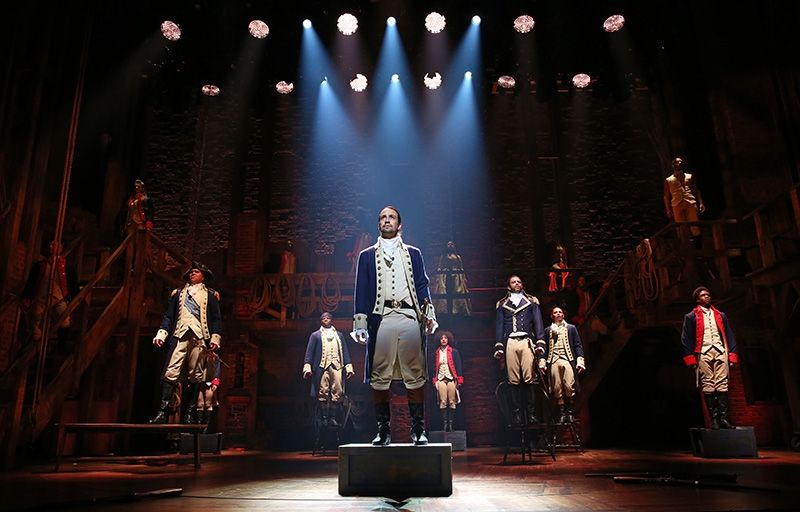
2.)Theatre Opens You To Criticism:
Dealing with criticism is a crucial lesson that everyone must learn, be it the harsh criticism from the director during rehearsals or even that from the audience, theatre will help you look at criticism in a healthy and a rather motivational way, which only goes on to help you in your future. Including theatre in a child’s learning will help the child to hear out various opinions and act on them the right way.
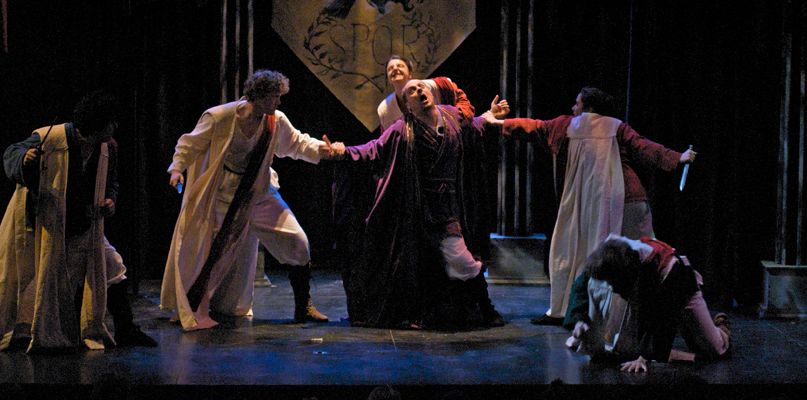
3.)Sharpens Your Reflexes:
On stage you don’t know what might go wrong. Unlike movies you don’t get a re-take, you have only one take and the audience is close enough to spot any such sudden flaw. The wrong music could play, the lights may go off suddenly, the mics could stop working, worst comes to worst, your co-actor could blank out leaving you without the cue for your next line. In all these cases you have no choice but to cover it up from the audience making it seem like it was a part of the script. This way theatre helps sharpen your reflexes and makes you more vigilant and alert, all this will go on to build your personality helping you in real life situations.
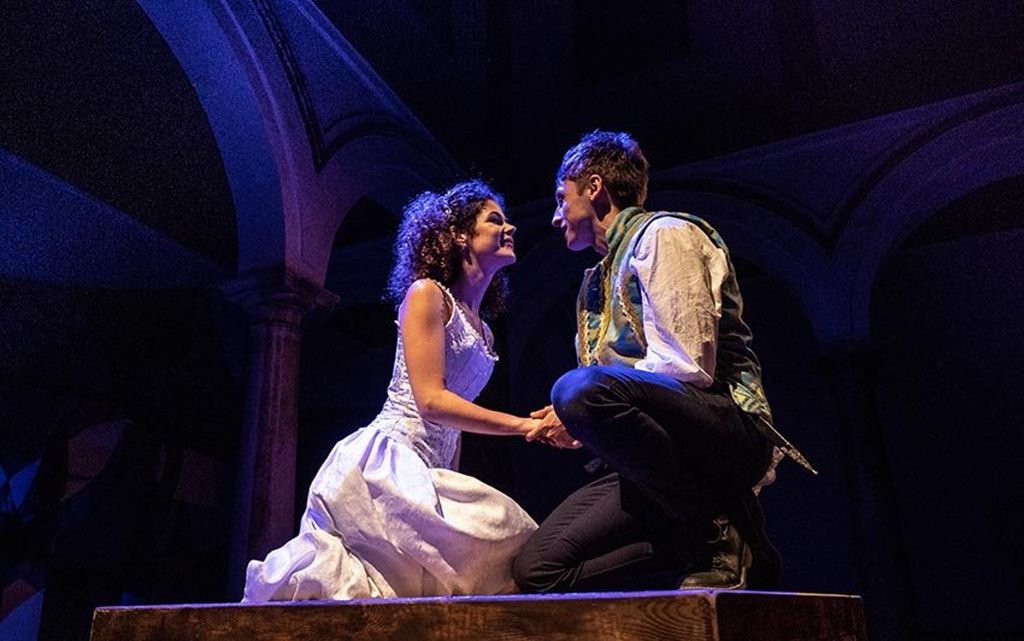
4.)Makes You A Team Player:
There is no point in being selfish about the spotlight and looking to outshine your co-actors, it spoils the beautiful blend that comes out of the play and this is the basic sense you develop as you get yourself involved in this art. It builds your strength as a team player. Whether it is improvising a monologue till the back-stage team patches up the delay of setting up props or something as simple as positioning yourself differently if you tend to block a co-actor, such instances naturally inculcate in you the value of team work and eliminate the want to selfishly seek centre-stage at all times. Including theatre in schooling will teach such values to children at a very young age.
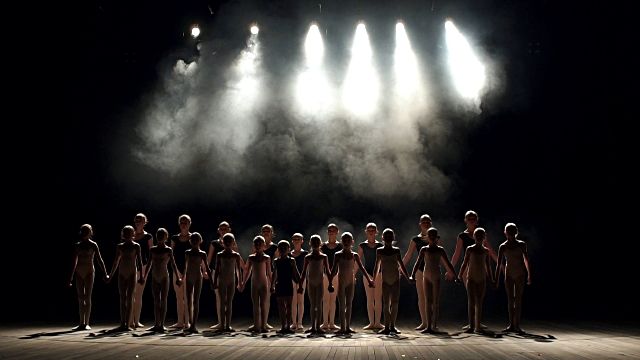
5.)You Learn To Multi-task:
When theatre is included in the syllabus, students will have to learn to organize their time to complete both their regular assignments, and to learn their lines or build their props. This skill of multi-tasking and time management will be extremely useful for their growth; it will also teach them the importance of prioritizing.
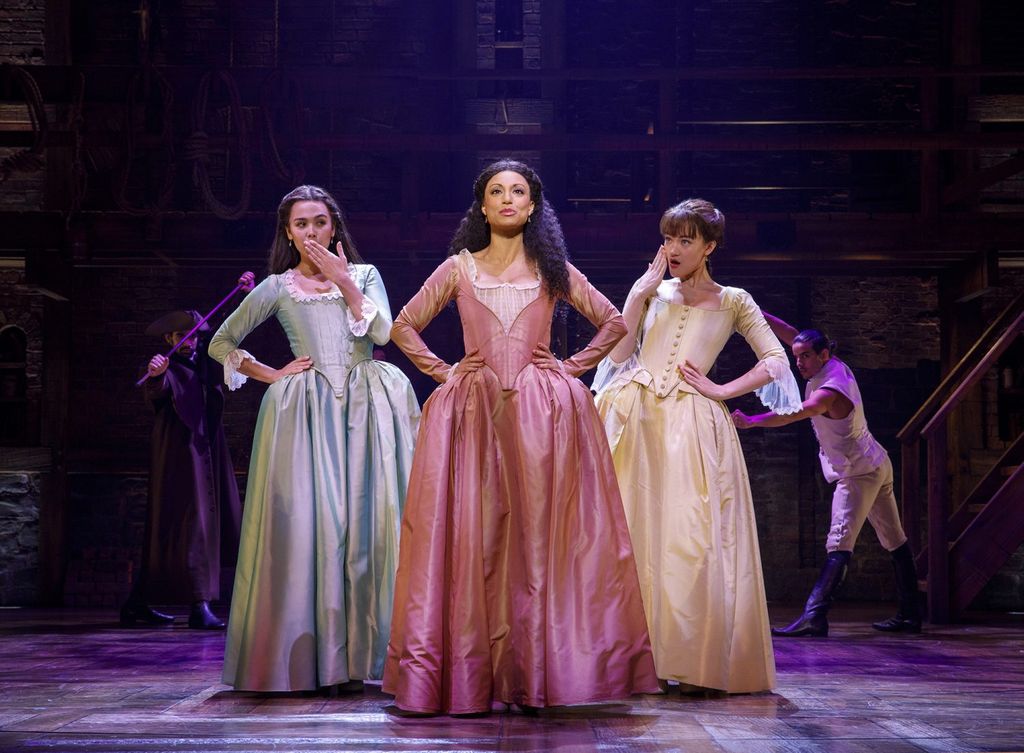
6.)Enhances Your Comprehension Skills:
When you are casted for a particular character, you will need to know your character in and out so as to shape your respective body language and expressions throughout the duration of the play. The only way you can get into the skin of your character is by analyzing their lines and movements as per the script. This will build your comprehension skills. Going back to the model of theatre in schooling, this will not only help build the child’s cognitive skills, but will also help them excel academically.

7.)Helps Develop Empathy:
Adding on to the above point, to be able to get into your character’s skin requires you to genuinely understand their true self. A child who is trained to do that for a performance will develop the most important life skills of empathy and open-mindedness.
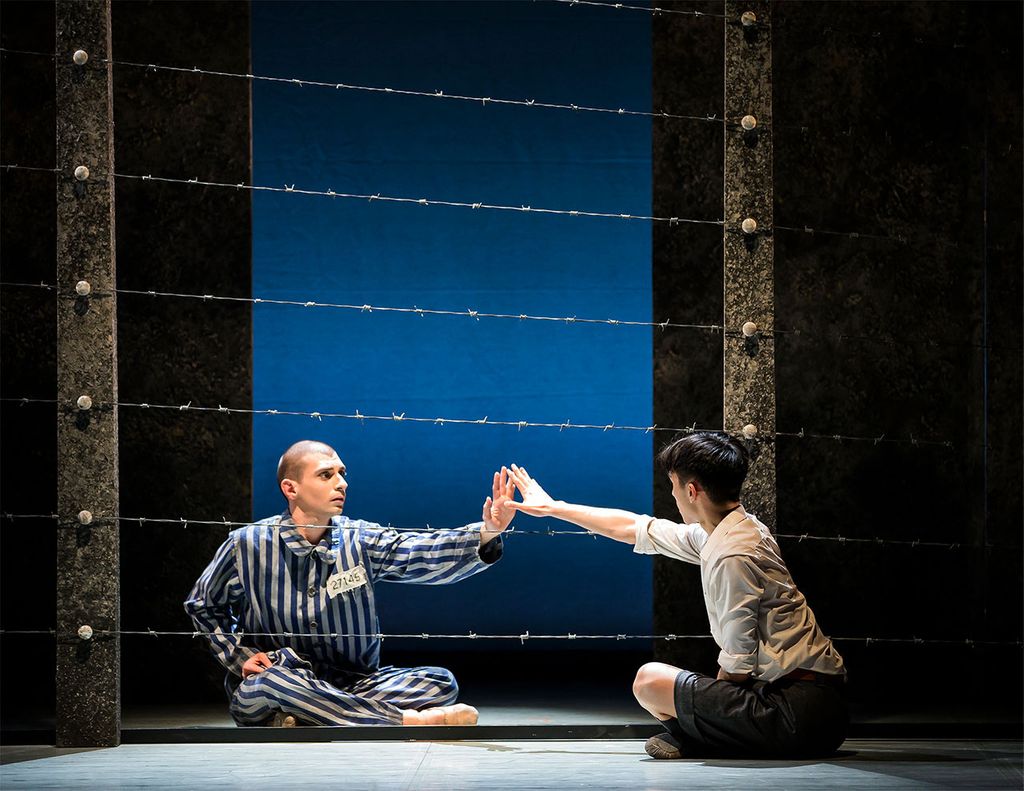
8.)You Discover Yourself More And More:
Last but not the least, as bizarre as this may sound, the more characters you analyze and the more questions you ask about your characters, the more you start asking about yourself. This can be related to how most voracious readers feel- as you read many books and feel connected to its characters you tend to draw a comparison with yourself and the various characters you feel the connect with.This way, theatre helps you discover your true self. The earlier a growing child learns to answer the question “Who am I?” the more mature he/she gets, the more open-minded he/she gets. Theatre thus transcends a person from within.
These are only a few of the many reasons why theatre acts as an important teacher in everyone’s life. In fact, theatre is a natural life skill that everyone owns- everyone is an actor, every other person in the world must have put up some act or the other in their real life, you act when you lie and you act when you hide the truth. You can therefore even go on to say that all theatre does is help you be more conscious of why you act. This way, this magnificent art form makes you a better observer, of yourself, of the world. This is why everyone needs to let them self fall into the world of theatre, or rather into themselves, and not just growing children.
Theatre in itself is a metaphor for various things in life, in fact for life itself.After all, "All the world's a stage, And all the men and women merely players;"

